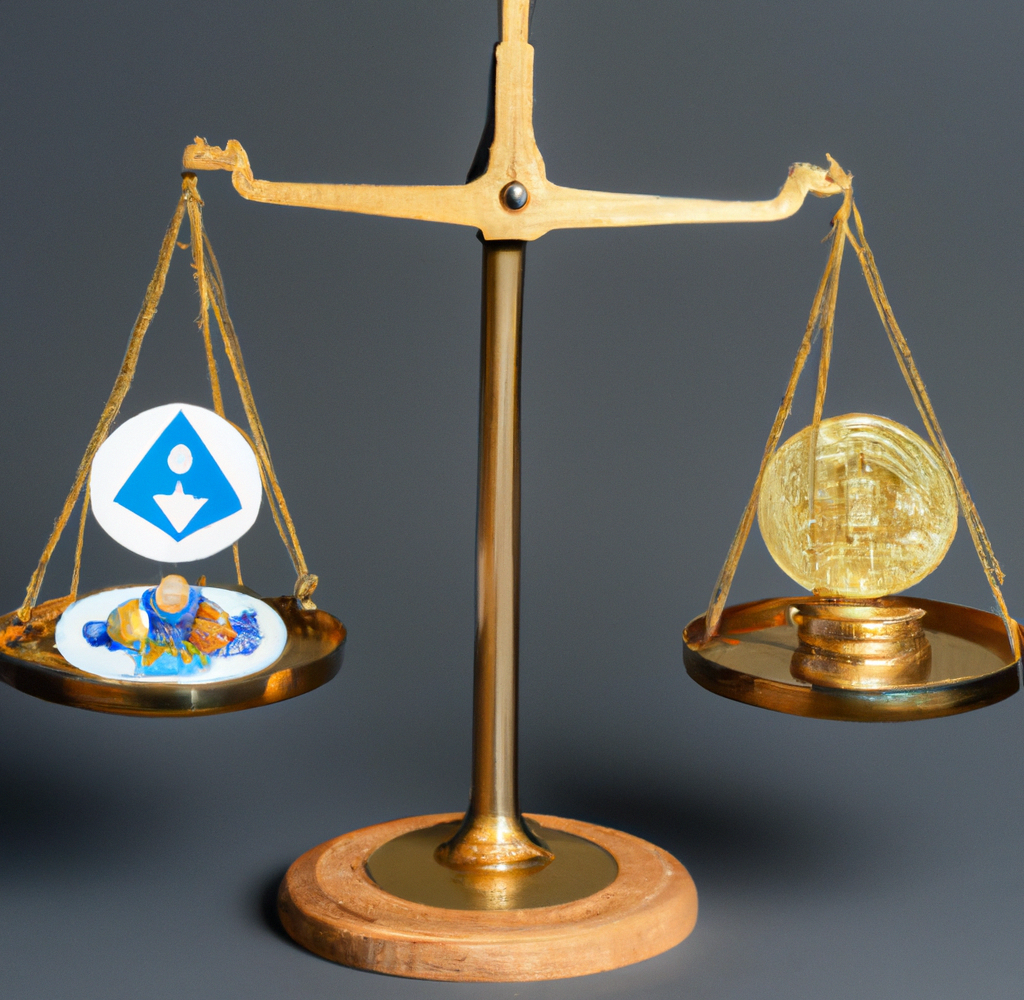NFT Gaming vs Trading Crypto: Can You Really Make Money on Both?

The digital assets landscape has experienced remarkable growth in recent years, giving rise to an array of investment opportunities in cryptocurrencies and non-fungible tokens (NFTs). As investors and enthusiasts delve into these markets, they often wonder whether it’s possible to profit from both NFT gaming and cryptocurrency trading. This article examines the potential profitability of these two unique sectors and discusses the challenges and opportunities investors may encounter.
NFT Gaming: The Cutting Edge of Digital Assets
NFT gaming has surfaced as a rapidly expanding segment in the digital asset realm, utilizing blockchain technology to generate distinctive, digital collectibles that can be bought, sold, and traded across various gaming ecosystems. Notable NFT games such as Axie Infinity, Decentraland, and The Sandbox enable players to own and exchange virtual items like characters, land, and in-game items, all embodied as NFTs.
Profiting from NFT Gaming
There are several avenues to potentially make money in NFT gaming:
- NFT trading: The unique and scarce nature of certain NFTs can drive up their value, with some fetching thousands or even millions of dollars. Players can invest in these digital assets and potentially profit from trading them on online marketplaces.
- In-game rewards: Some NFT games incentivize player participation by offering rewards such as cryptocurrency, in-game items, or valuable NFTs.
- Staking and liquidity provision: Selected NFT games allow players to stake their in-game assets or supply liquidity to the game’s ecosystem in exchange for a portion of the platform’s revenue.
Risks and Challenges in NFT Gaming
NFT gaming is not without risks and challenges, including:
- Market volatility: NFT values can fluctuate widely, and there are no guarantees that an asset will retain or appreciate in value.
- Regulatory uncertainty: The legal standing of NFTs and related gaming platforms is still in flux, and future regulatory changes could affect the market.
- Scams and fraud: Emerging markets are susceptible to scams and fraudulent activities, making it crucial for players to exercise caution and conduct thorough research before investing.
Cryptocurrency Trading: A Tested Route to Profit
Cryptocurrency trading has a decade-long history, beginning with the inception of Bitcoin, the first and most well-known cryptocurrency, in 2009. The market has since grown to encompass thousands of cryptocurrencies, from established coins like Ethereum to smaller, lesser-known tokens. Skillful and informed investors can reap significant returns from trading in this market.
Profiting from Cryptocurrency Trading
There are various strategies investors can use to potentially profit from cryptocurrency trading:
- Buy and hold: Investors can purchase cryptocurrencies and hold them long-term, hoping their value will appreciate over time. This approach has proven successful for early Bitcoin investors, who witnessed exponential growth in their investments.
- Active trading: Traders can employ short-term trading strategies, such as day trading or swing trading, to capitalize on price fluctuations and generate profits.
- Arbitrage: Traders can exploit price differences between exchanges to profit from arbitrage opportunities[^12^].
- Staking and yield farming: Some cryptocurrencies offer staking or yield farming opportunities, allowing investors to earn interest or other rewards by locking up their tokens.
Risks and Challenges in Cryptocurrency Trading
Cryptocurrency trading also presents its own set of risks and challenges:
- Market volatility: Cryptocurrencies are notorious for price volatility, necessitating effective risk management for traders.
- Regulatory uncertainty: The regulatory landscape for cryptocurrencies is constantly evolving, which could impact the market and individual investments.
- Security risks: Cybersecurity threats, such as hacking and phishing attacks, pose ongoing concerns in the world of cryptocurrency trading.
- Lack of investor protection: Unlike traditional financial markets, the cryptocurrency market lacks comprehensive investor protections, leaving investors more vulnerable to scams and market manipulation.
Conclusion: Diversification and Risk Management are Crucial
Both NFT gaming and cryptocurrency trading offer the potential for significant profits, but they also present inherent risks and challenges. Investors seeking to make money in these markets should approach them with a well-researched strategy, diversify their investments, and employ effective risk management techniques. By doing so, they can seize the opportunities these emerging markets offer while mitigating potential downsides.
References:
FAQs
NFT gaming involves playing games to earn unique digital assets (NFTs). Crypto trading? It’s buying and selling coins/tokens for profit on exchanges. Think of it as loot versus ledger moves!
Ah, the golden question! While some folks have made bank quickly, both arenas require savvy, strategy, and a bit of luck. No Lambo promises here, pal!
Dive into a ‘play-to-earn’ game, snag some NFTs, and start grinding! But always DYOR (Do Your Own Research) before spending any moolah.
Both have risks. NFTs are newer and can be speculative, while crypto trading faces volatility and market sentiment swings. It’s all about that risk tolerance, mate.
Not necessarily! Low-entry games exist in the NFT world. For trading, start small, learn the ropes, and don’t FOMO (Fear Of Missing Out) hard.
Check community vibes, game reviews, and whitepapers. But most importantly, stay clear of those too-good-to-be-true “rug pulls”.
Sure can. NFT values fluctuate, games can flop, and the meta can shift. Don’t ape in without thinking!
Some swear by “HODLing” (Hold On for Dear Life) and reaping long-term gains, while day traders love quick swings. Personal preference and your risk appetite are key.
Absolutely! Think of them as collectibles. Like rare comics or stamps, but digital and on the blockchain. Though, remember: value is in the eyes of the behodler.
Ah, the taxman cometh! Both NFTs and crypto trades can be taxable events. Always chat with a crypto-savvy accountant.
Don’t chase pumps, keep emotions in check, and always… always, stay hydrated while diving deep into the crypto rabbit hole!
No shortcuts, buddy. But join legit communities, absorb knowledge, and remember: If it sounds too shrimpy to be true, it probably is.
